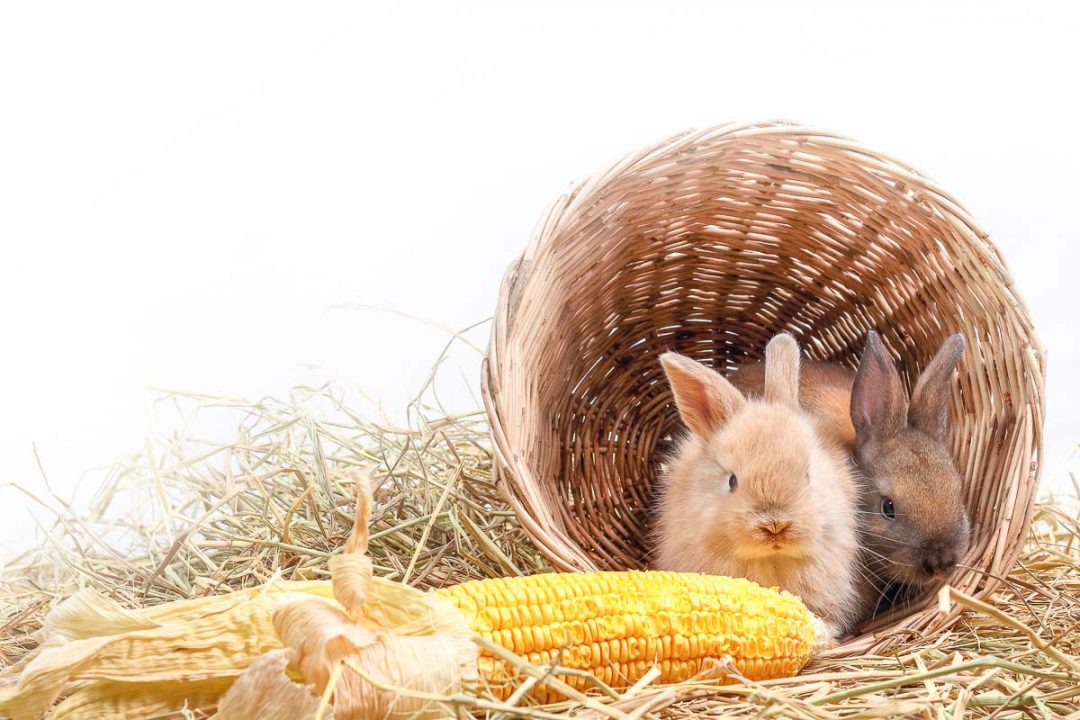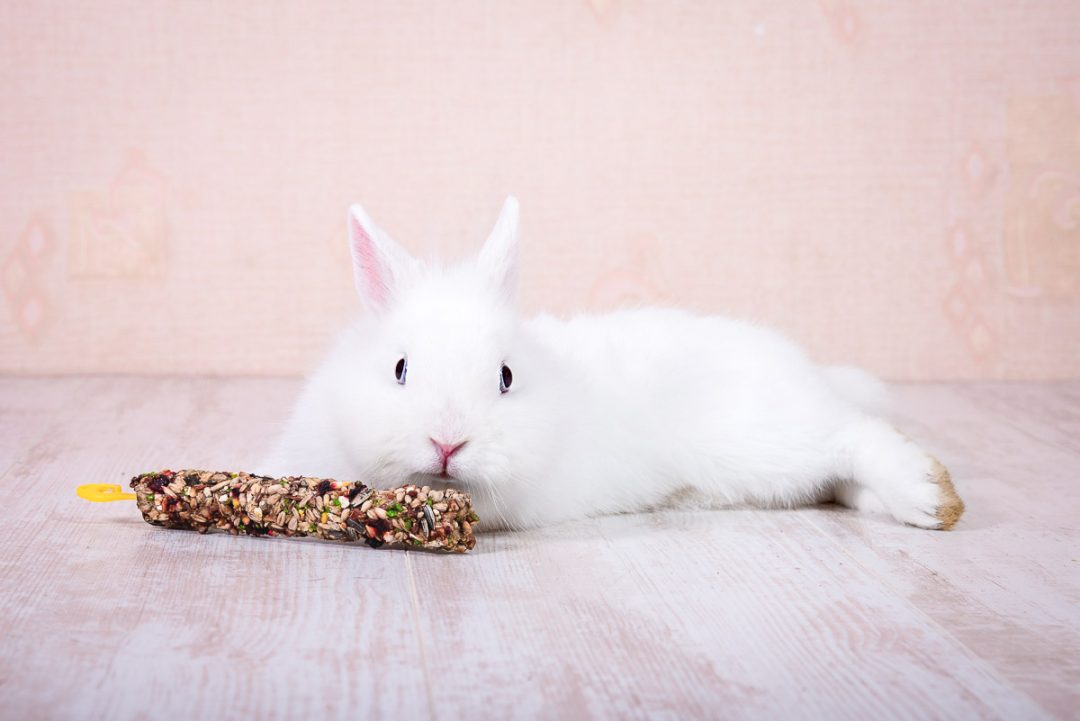Rabbits are adorable creatures known for their love of munching on various types of vegetation. As a rabbit owner or someone interested in their dietary habits, you may wonder if it’s safe for these furry friends to indulge in corn on the cob. In this article, we will explore whether rabbits can eat corn on the cob and discuss the potential benefits and risks associated with this popular human food.

Can Rabbits Safely Consume Corn on the Cob?
Rabbits have a delicate digestive system that requires a specific diet to maintain their overall health and well-being. While corn on the cob may seem like a tempting treat for your furry companion, it is important to exercise caution before introducing it into their diet.
Corn itself is not toxic to rabbits, but the cob poses a potential hazard. The cob is hard and fibrous, making it difficult for rabbits to chew and digest properly. Consuming large pieces of corn cob can lead to gastrointestinal blockages, which can be life-threatening for rabbits.
The Risks of Feeding Corn on the Cob to Rabbits
Feeding corn on the cob to rabbits can have several negative consequences. The hard texture of the cob can cause dental issues, such as overgrown teeth or dental fractures, which can be painful for the rabbit. Additionally, the fibrous nature of the cob can lead to digestive problems, including blockages and discomfort.
Furthermore, corn is relatively high in starch and sugar content, which can disrupt the delicate balance of a rabbit’s digestive system. This can potentially lead to an overgrowth of harmful bacteria in their gut, causing digestive upset and diarrhea.
Alternative Options for Feeding Corn to Rabbits
While corn on the cob may not be suitable for rabbits, there are alternative ways to incorporate corn into their diet. It is recommended to feed rabbits small amounts of fresh, cooked corn kernels without the cob. This ensures that they can safely consume the nutritious components of corn without the risk of digestive complications.
Remember to introduce any new food gradually and in moderation to prevent any adverse reactions or digestive issues. Always consult with a veterinarian before making any significant changes to your rabbit’s diet.
Conclusion
In conclusion, it is not advisable to feed rabbits corn on the cob due to the potential risks it poses to their health. The hard and fibrous nature of the cob can lead to dental problems and gastrointestinal blockages. Instead, opt for feeding your rabbit fresh, cooked corn kernels without the cob, ensuring their safety and well-being.
By understanding the specific dietary needs of rabbits and making informed choices, you can provide them with a balanced and healthy diet that promotes their overall happiness and longevity.
FAQs
1. Can rabbits eat raw corn?
No, it is not recommended to feed rabbits raw corn. Raw corn can be difficult for rabbits to digest and may cause digestive issues. It is best to cook the corn before offering it to your rabbit.
2. Are there any other vegetables that rabbits should avoid?
Yes, there are several vegetables that rabbits should avoid or consume in moderation. These include potatoes, onions, garlic, and rhubarb. These vegetables can be toxic or cause digestive upset in rabbits.
3. Can rabbits eat corn husks?
While corn husks are not toxic to rabbits, they are difficult to digest and can cause gastrointestinal blockages. It is best to remove the husks before feeding corn to your rabbit.
4. How often can rabbits have corn kernels?
Corn kernels should be given to rabbits as an occasional treat and not as a staple part of their diet. It is important to provide a variety of vegetables and hay to ensure a balanced diet for your rabbit.
5. Can rabbits eat popcorn?
No, popcorn is not suitable for rabbits. The high salt and fat content in popcorn can be harmful to their health. It is best to avoid feeding popcorn to rabbits.

